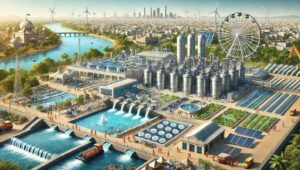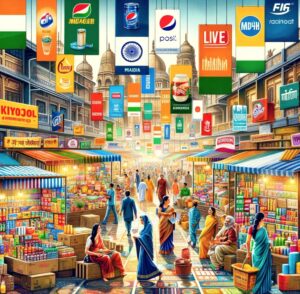Value Investing
Vinati Organics stands tall in profitability and niche dominance, while Gujarat Fluorochemicals leads in clean-tech and fluoropolymer scale. Aarti Industries combines breadth and MNC contracts, showing margin recovery. Camlin Fine is smaller but cost-effective with potential in food antioxidants. Valuations and investor preferences diverge based on segment risk and growth themes.




